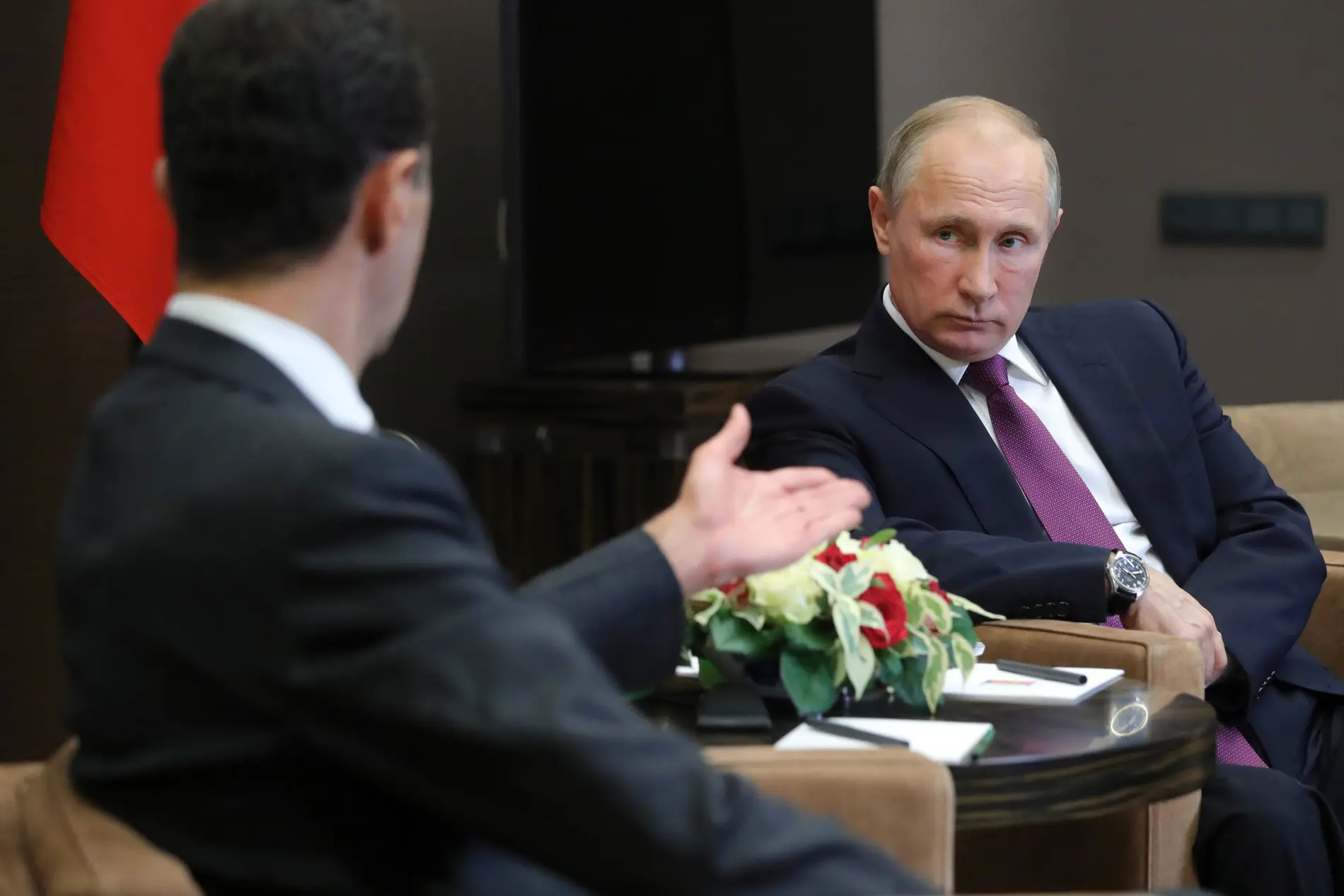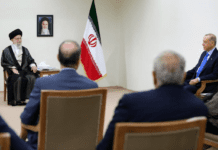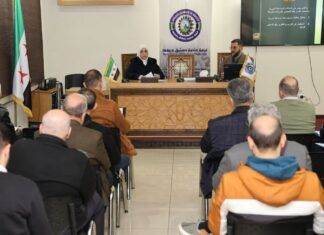
Turkey has been seeking to assure Syrian revolutionary factions that its normalization efforts with the Assad regime will not come at their expense. This comes as Turkish Foreign Minister Hakan Fidan reaffirmed on July 14 that Ankara remains committed to the Syrian opposition, emphasizing their autonomy in deciding whether to communicate with the Assad regime.
In recent days, Turkey held several meetings with factions of the Syrian National Army (SNA) and the Syrian Interim Government’s (SIG) Defense Minister. These discussions included top Turkish officials, such as head of intelligence (MIT) Ibrahim Kalin, and security advisors. Sources revealed that Turkey is pushing for a political solution to “preserve Syria’s territorial integrity” and prevent fragmentation due to separatist movements. However, Turkey insisted this effort would “not undermine its relationship with the Syrian ‘opposition’ or force them into unwanted decisions.”
The Turkish delegation acknowledged the administrative issues in northwestern Syria, promising to establish a new coordination mechanism. This mechanism aims to reduce Turkish interference and allow local governance, address popular grievances, and improve administrative efficiency.
Prior to the meeting with the SNA factions, Turkey engaged in consultations with various Syrian institutions in the region to develop a “unified strategy”. The recommendations from these consultations included restructuring security institutions, revitalizing the economy, and ensuring continuous communication with community activities and unions.
Turkey’s recent engagements follow clashes earlier this month. Demonstrations erupted due to perceived Turkish shifts towards normalization with the Assad regime, escalating tensions in northern Syria. In response, Turkish officials intensified their outreach to revolutionary factions, aiming to reassure them that normalization with Assad would not harm them or Syrian refugees.
The US has remained largely silent on the issue, with Washington maintaining a neutral stance on normalization with Assad. Qutaiba Idlibi, director of the Syrian program at the Atlantic Council, noted that the White House neither supports nor opposes normalization by other countries with Assad, focusing instead on maintaining its military presence in Syria.
Russia is concerned about the Assad regime’s lukewarm response to its rapprochement initiative with Turkey, which has been further complicated by Iran’s obstruction. Moscow’s efforts to open border crossings and facilitate trade between Turkey and Syria faced resistance from Assad, who demands a Turkish withdrawal timetable.
Mikhail Bogdanov, Putin’s special envoy for Middle East affairs, emphasized the need to address border security, troop withdrawal, counter-terrorism, and Kurdish issues before an Erdogan-Assad meeting. This, along with Turkish FM Fidan’s assurances to revolutionary factions, suggests that normalization is stalled.
Russia is intensifying efforts to complete the process, anticipating a Trump victory in the upcoming US elections, which they believe will cut off Iranian access between Iraq and Syria. Russia aims for high-level coordination with Turkey and Assad to stabilize the region and avoid further Turkish military escalation despite Iranian tensions.
Russia’s proposal includes military police along the Turkish border, maintaining observation points, and a gradual Turkish withdrawal. It also emphasizes preserving Assad regime institutions and expanding the Astana talks’ jurisdiction to “improve trade and economic conditions” in Syria.
The current complex situation is expected to persist unless significant developments occur, such as a US troop redeployment or new Turkish military operations, coordinated with Russia. The continued stalemate reflects the conflicting interests and visions among international parties in Syria, and the Assad regime’s resistance to change.
Iran’s stance on Turkish normalization efforts remains cautious. Erdogan called for US and Iranian support to end Syrian suffering, but Iran’s response has been tepid. Researcher Mustafa Al-Naimi suggested that Iran’s indecision reflects its strategic calculations, balancing its alliance with Syria and its broader geopolitical interests.
Normalization poses a significant challenge for the Syrian revolution, with factions like the SNA and SIG reliant on Turkish support. Some political representatives have struggled to articulate a clear stance, with statements focusing on unity and justice without directly confronting the normalization issue. Critics argue that revolutionary movements have been negligent in engaging with activists and addressing public concerns, further complicating their position.
Sources indicate that Russia is keen on advancing the normalization process, anticipating potential changes in US policy. Moscow envisions a gradual Turkish withdrawal from Syria, coordinated with Syrian civil institutions to ensure stability. This approach aligns with Russia’s broader strategy of maintaining state institutions while fostering economic development.








